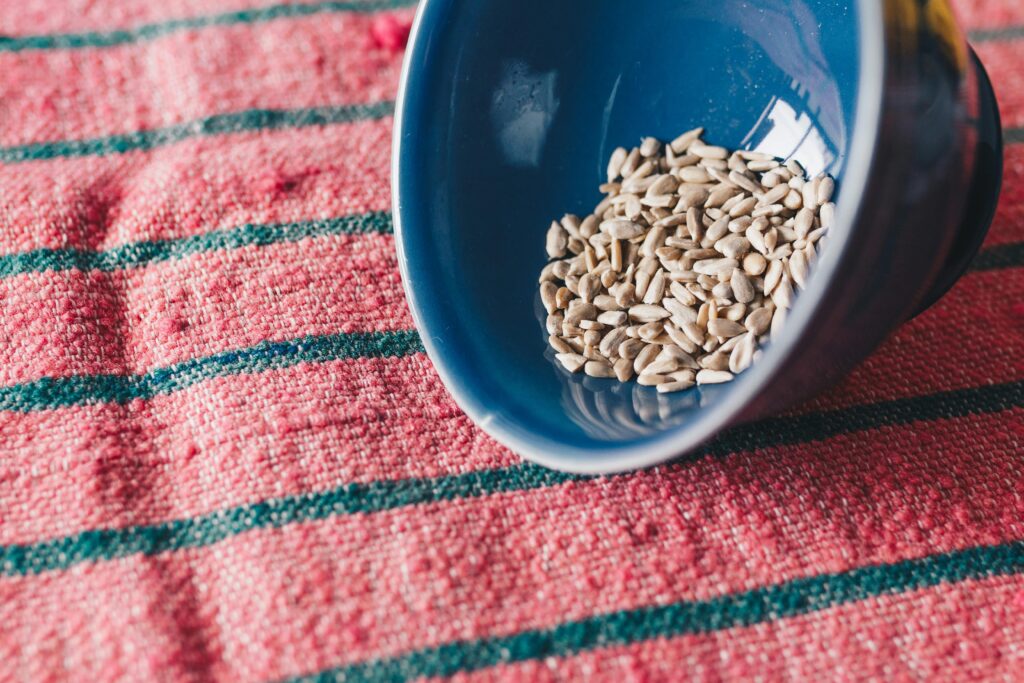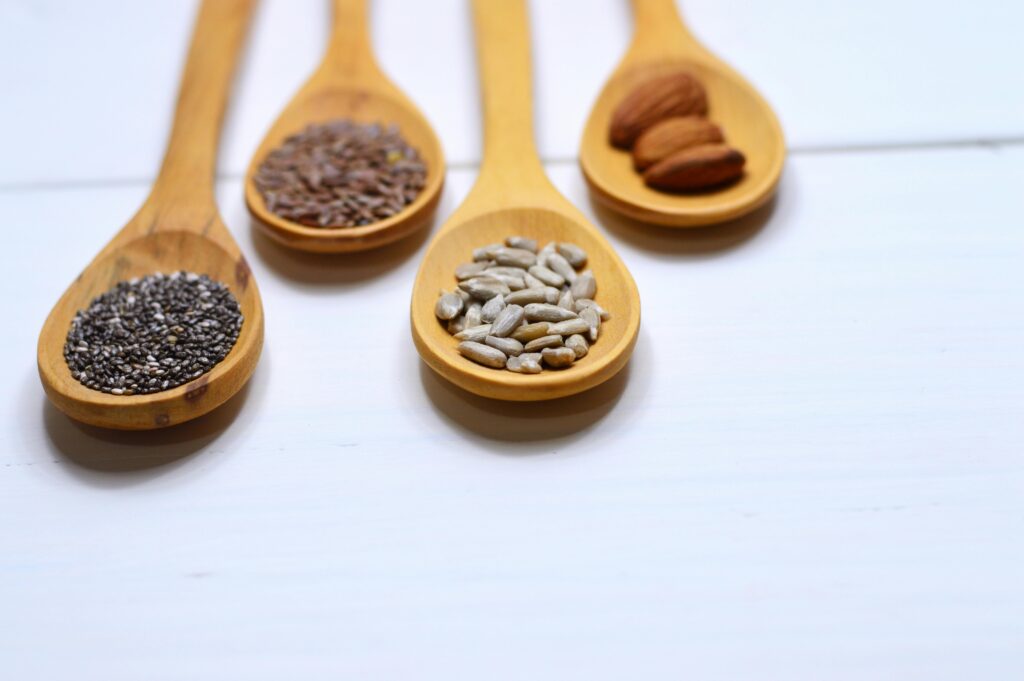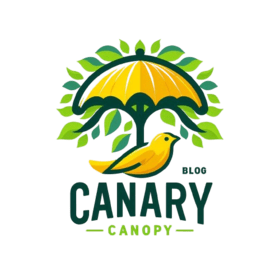- Understanding Bird Food Basics
- Different Types of Sunflower Seeds for Birds
- Bird Species That Love Sunflower Seeds
- Effective Feeding Methods
- Essential Feeding Tips
- Frequently Asked Questions: Can Birds Eat Sunflower Seeds?
- Optimal Feeding Times
- Strategic Feeder Placement
- Nutritional Benefits
- Common Challenges
- Environmental Considerations
- Budget Friendly Approaches
- Seasonal Feeding Guidelines
- Creating Bird Friendly Environments
- Best Places to Put Your Feeders
- Health Benefits for Birds
- Potential Issues to Watch For
- My Personal Experience
- Environmental Impact
- Cost Effective Feeding
- Concluding Points
- Final Verdict
Feeding birds has been my passion for over a decade. Sunflower seeds remain the top choice for attracting feathered visitors to any backyard.
Understanding Bird Food Basics

Can Birds Eat Sunflower Seeds? Birds absolutely love sunflower seeds. These nutritious seeds serve as an excellent food source for numerous wild bird species.
Different Types of Sunflower Seeds for Birds
Black Oil Sunflower Seeds
These seeds stand out as the ultimate choice for bird feeding enthusiasts.
The shells are notably thinner which makes them accessible to smaller birds.
My backyard testing shows they contain higher nutritional content compared to other varieties.
Even the smallest finches manage to crack these open without difficulty.
Striped Sunflower Seeds
These familiar seeds resemble the ones humans enjoy.
Their harder shells make them suitable for bigger birds.
Blue jays and cardinals frequently visit feeders containing these seeds.
Bird Species That Love Sunflower Seeds
Through extensive observation of my backyard feeders I notice:
Cardinals display their bright red feathers as they eagerly feed.
Chickadees demonstrate interesting feeding patterns taking one seed at a time.
Blue jays show enthusiastic feeding behaviors often attempting to gather multiple seeds.
House finches and goldfinches regularly visit sunflower seed feeders.
Nuthatches exhibit unique feeding techniques by wedging seeds into bark.
Effective Feeding Methods
Basic approaches work best in my experience.
Tube feeders attract and accommodate smaller bird species effectively.
Platform feeders welcome a diverse bird population.
Creating seed mixtures with sunflower seeds increases bird activity.
Essential Feeding Tips
Store your seeds in cool dry locations.
Regular feeder cleaning prevents disease spread.
Begin with modest amounts to assess local bird populations.
Frequently Asked Questions: Can Birds Eat Sunflower Seeds?
Shell or No Shell?
Most birds enjoy the natural process of opening shells.
Shelled options reduce ground cleanup requirements.
Proper Feeding Amounts
Adjust quantities based on observed bird activity.
Managing Unwanted Birds
Squirrels often attempt to access bird feeders.
Feeding Young Birds
Adult birds instinctively prepare food for their offspring.
Optimal Feeding Times
Early morning and late afternoon see peak bird activity.
Winter months require increased feeding amounts.
Strategic Feeder Placement
Position feeders near natural protection.
Maintain appropriate distance from protective cover.
Choose locations away from windows.
Nutritional Benefits
Sunflower seeds provide essential nutrition for birds:
Energy rich healthy fats Muscle building protein Important vitamins and minerals
Common Challenges
Moisture can lead to seed deterioration.
Select feeders with effective water drainage.
Monitor bird health and maintain clean feeding stations.
Environmental Considerations
Support responsible seed suppliers.
Consider personal sunflower cultivation.
Create sustainable feeding practices.
Budget Friendly Approaches
Purchase larger quantities when possible.
Implement proper storage methods.
Connect with other bird enthusiasts.
Seasonal Feeding Guidelines
Summer Season
Reduce quantities during abundant natural food periods.
Winter Season
Increase food availability during scarce times.
Spring Season
Focus on supporting nesting bird populations.
Fall Season
Support birds during migration periods.
Creating Bird Friendly Environments
Install water features near feeding areas.
Include native plants for natural shelter.
Practice responsible pet management.
Best Places to Put Your Feeders
Near natural shelter like trees or bushes.
About 10 feet from cover so birds can escape if needed.
Away from windows to prevent collisions.
Health Benefits for Birds

These seeds are like power bars for birds.
They are packed with:
Healthy fats for energy Protein for muscle maintenance Essential nutrients for overall health
Potential Issues to Watch For
Sometimes seeds can get wet and moldy.
Use feeders with good drainage.
Keep an eye out for sick birds and clean feeders regularly.
My Personal Experience
I remember when I first started bird feeding.
Put out a handful of sunflower seeds.
Within days my garden became bird central.
Now I get daily visits from regulars who recognize me as the seed guy.
Environmental Impact
Buy seeds from responsible sources.
Consider growing your own sunflowers.
Its a great way to create a sustainable food source.
Cost Effective Feeding
Buy in bulk when possible.
Store properly to prevent waste.
Share with other bird enthusiasts to split costs.
Concluding Points
Sunflower seeds represent an excellent choice for wild bird feeding.
They attract diverse bird species consistently.
Start your bird feeding adventure gradually.
Transform your outdoor space into a vibrant bird sanctuary using sunflower seeds.
Every backyard holds potential for amazing bird watching experiences.
Sunflower seeds create lasting connections with our wild bird neighbors.
Remember that successful bird feeding begins with quality sunflower seeds and proper feeding practices.
Monitor your feeders regularly to discover the true value of sunflower seeds in bird feeding.
This comprehensive guide demonstrates why sunflower seeds remain essential for successful bird feeding programs.
Continue exploring the rewarding world of bird feeding starting with sunflower seeds.
Final Verdict
Whether starting your bird feeding journey or expanding existing efforts sunflower seeds provide the perfect foundation for success. Their universal appeal among bird species makes them an essential component of any feeding strategy. Through proper feeding practices and attention to detail you can create an engaging and supportive environment for your local bird population using sunflower seeds as the cornerstone of your feeding program.
